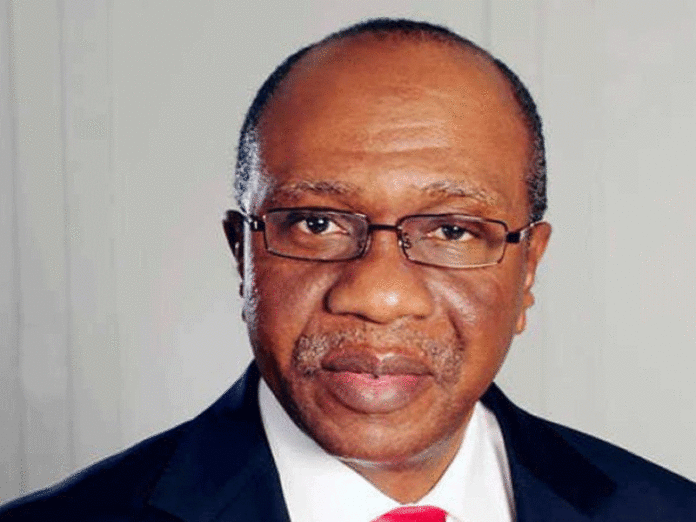The Central Bank of Nigeria said the country’s foreign reserves no longer come from selling crude oil.
Governor Godwin Emefiele disclosed this at the CIBN Annual Lecture, which outlined the policy thrust for 2023.
Despite the decline in foreign reserves, Emefiele expressed optimism that the short-term outlook of the Nigerian economy remains sound.
Importance of diversification: According to Emefiele, Nigeria’s foreign reserves receipts declined from US$3.0 billion monthly to zero.
- “The official foreign exchange receipt from crude oil sales into our official reserves has dried up steadily from above $3.0 billion monthly in 2014 to an absolute zero dollars today,” said Emefiele.
He emphasised how important it is to increase non-oil proceeds to Nigeria’s inflow of foreign currency. Emefiele insists there is a good reason behind the CBN’s redesign of three different denominations of Nigerian banknotes.
CBN’s inflation projection: Governor, Emefiele projects that the inflation rate will remain elevated and above the 12.5% growth-aiding threshold.
- “We will maintain the current tight monetary policy stance in the near term, especially in view of rising inflation expectations and exchange market pressures,” said Emefiele.
He projected that the GDP growth rate will remain positive in the remaining quarter of 2022 and during 2023. Emefiele said the monetary policy will remain focused on the objectives of price, monetary, and exchange rate stability.
Credit to the private sector: The CBN governor said credit to the core private sector of the economy has more than doubled from N13.2 trillion at the end of 2018, to N27.7 trillion as of September 2022.

He said the National Domestic Card Scheme will start on January 16, 2023,
Emefiele also said that the apex bank’s efforts to revive the Nigerian textile and healthcare industries.
For the record: Before now, the bulk of the money in Nigeria’s foreign reserves comes from the export of gas and oil to other nations. But increasing instances of crude oil theft have hurt Nigeria’s ability to export enough crude oil. Consequently, its foreign exchange reserves are falling.
Nigeria’s external reserves fell to $37.17 billion as of 15th of November 2022, data from the CBN confirms. This is the lowest level of the external reserves this year and the lowest level since September 30th, 2021 when the country faced a barrage of currency depreciation.















